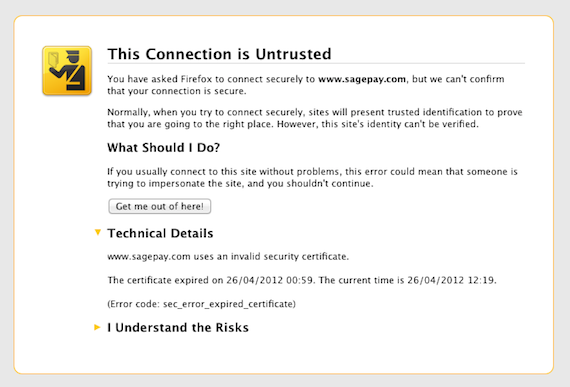Freed Facebook hack Brit vents fury at $200k cleanup claim
A UK man jailed for hacking into Facebook has vowed to rebuild his life – and his reputation – after winning an appeal against his sentence.
Glen Steven Mangham, 26, from Acomb, near York, was jailed for eight months in February after he pleaded guilty to infiltrating the website’s internal network between April and May last year.
Mangham’s sentence was halved to four months in April after senior judges at London’s Court of Appeal ruled he had been treated unduly harshly by the trial judge at Southwark Crown Court. The decision made Mangham eligible for immediate release on the basis of time served, although he is still obliged to wear a tag.
The computer science student extracted Facebook’s source code without permission in hope of pointing out security flaws in the web giant’s blueprints. The intrusion was detected by Facebook and reported to the FBI, which passed the case over to British cops after the penetration was traced to the UK.
Blighty’s detectives further tracked the hack to Mangham’s parents’ house in York, leading to his arrest and subsequent prosecution. Mangham admitted three counts of unauthorised access to computers and unauthorised modification of computer data, contrary to the UK’s anti-hacking laws.
The undergraduate claimed throughout that his actions were motivated by a desire to help Facebook improve its security, something he had previously done with Yahoo! The prosecution rejected this rationale and pressed for harsh punishment as a deterrent.
Facebook stressed that no user data had been involved in the breach. During Mangham’s trial, representatives of the social networking firm said that the hack had resulted in investigation costs and other expenses that ran up to in $200,000 – which Mangham disputes.
In sentencing, trial judge Alistair McCreath sided with the prosecution and imposed an eight-month sentence on Mangham.
‘Super Asbo’ sentencing
However at the start of April, Mr Justice Cranston, sitting with Lord Justice Hooper and Judge Peter Rook QC at the Court of Appeal, said that Mr McCreath had erred in not giving enough weight to mitigating factors in the case, such as the lack of any attempt to Mangham to profit from his crime.
“He [the trial judge] rightly highlighted the persistence, sophistication and deliberation with which Mangham mounted his attack,” Mr Justice Cranston said, the York Press reports.
“The judge was entitled to conclude that his motive was not to inform Facebook of the defects in the system, but to prove that he could beat the system.
“In our view, the combination of the aggravating factors and mitigating factors is such that the more appropriate starting point, in our view, would have been six months, reduced to four months given the appellant’s plea. In particular, we would underline the point which the judge mentioned that the information had not been passed on to anyone and there was no financial gain involved.”
Peter Minnikin, of Harrogate firm McCormicks Solicitors, Mangham’s defence lawyers, said two grounds on which Mangham petitioned for appeal were granted.
Firstly, Mangham’s defence team successfully argued that the original sentence was “manifestly excessive” and the trial judge had failed to apply consideration over whether a suspended sentence or community order might be appropriate.
Secondly, Mangham’s previous good character was not factored into the original sentence he received, the solicitor continued.
Appeal judges also agreed that the “serious crime prevention order” applied by the trial judge against Mangham was unreasonable because his misdeeds were not serious enough to deserve a “super Asbo”.
The latter decision means that Mangham is once again free to go online and also clear to express his opinions about the case, Minnikin explained.
Mangham wasted little time following his return online to post a lengthy criticism of Facebook’s handling of his case and to tell his side of the story. The full 3,700-plus word essay is here but Mangham summarised his main gripes in this email exchange with The Reg.
Next page: He hits out at Facebook’s $200,000 allegation
Article source: http://go.theregister.com/feed/www.theregister.co.uk/2012/04/30/facebook_hacker_appeal/

